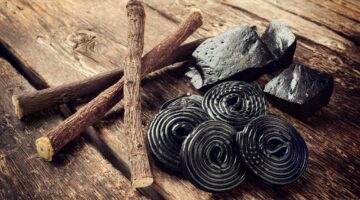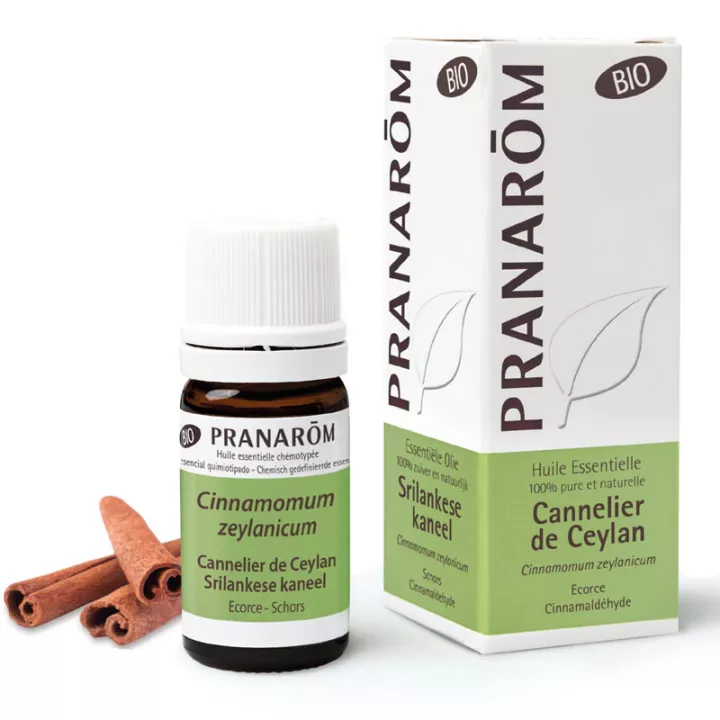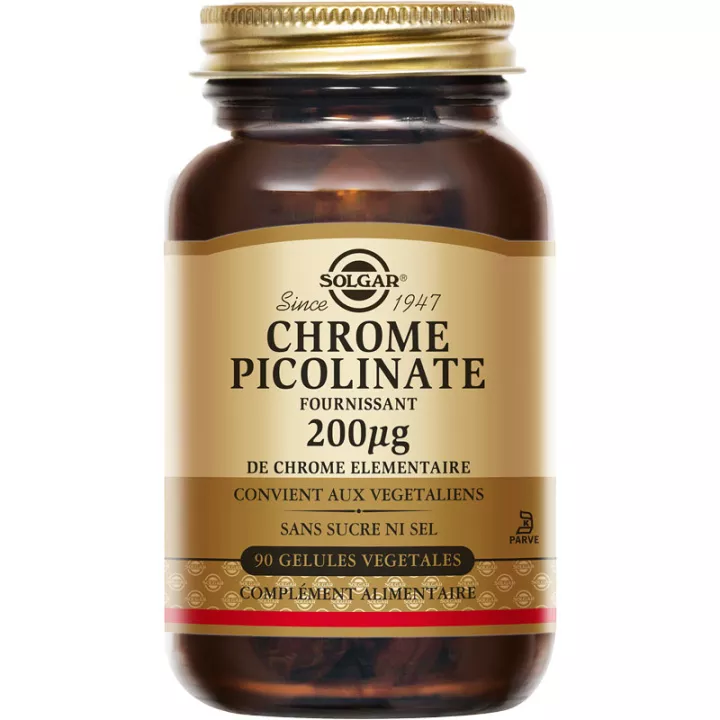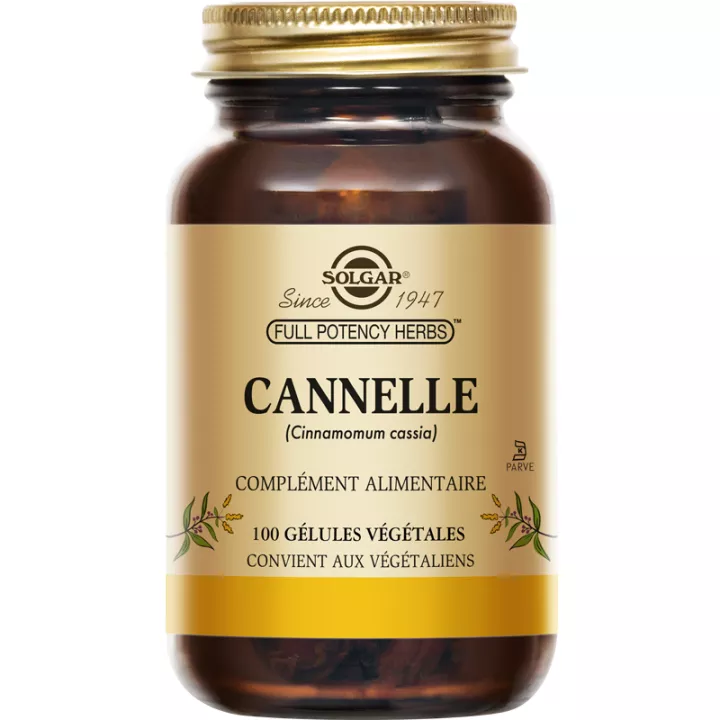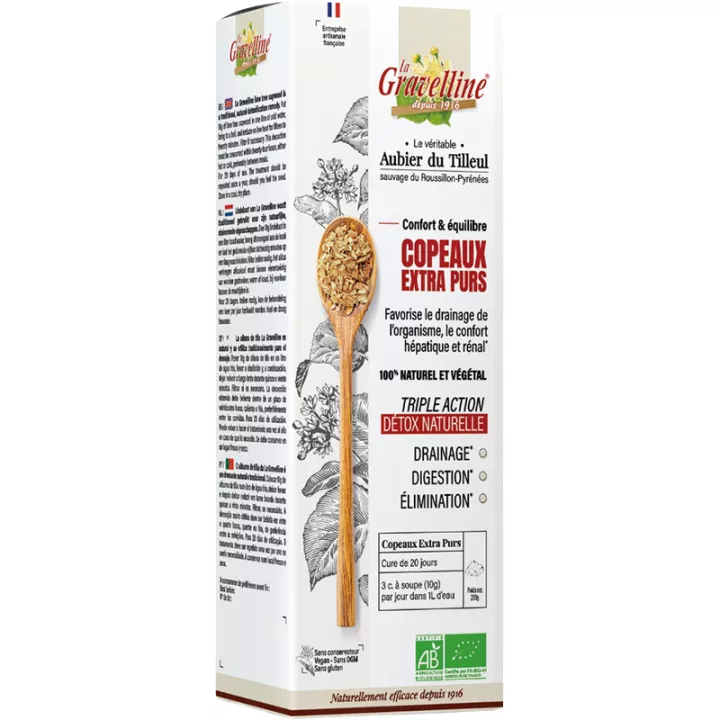What is Cinnamon Pipe used for?
Welcome to our online herb shop, where we offer a wide range of natural and organic products, including cinnamon pipes. Cinnamon pipes, also known as cinnamon sticks, are incredibly versatile herbal products that offer numerous health benefits. In this article, we'll explore the properties of cinnamon pipes and how they can improve your well-being.
First of all, cinnamon pipes are rich in antioxidants, which means they can help protect your body's cells from free radical damage. Antioxidants are also known to help reduce inflammation, which can help relieve joint pain and inflammatory diseases such as arthritis.
Cinnamon pipes also contain natural anti-inflammatory compounds that can help reduce swelling and pain caused by injuries and inflammatory conditions. In addition, cinnamon is also known for its antimicrobial and antibacterial properties, making it an ideal choice for those looking to boost their immune system.
Cinnamon is also an excellent choice for those looking to improve their digestive health. Cinnamon pipes can help stimulate bile production, which can help improve fat digestion and reduce bloating and gas. In addition, cinnamon is also known to help reduce blood sugar levels, which can be beneficial for people with diabetes.
Finally, cinnamon is also known for its heart-healthy properties. Cinnamon pipes can help reduce cholesterol and triglyceride levels in the blood, which can reduce the risk of heart disease.
At our online herbalist, we offer the highest quality cinnamon pipes from sustainable, organic sources. We also offer a variety of cinnamon forms, including powder and extract, to suit each customer's individual needs.
In conclusion, cinnamon pipes are a natural and healthy choice for those seeking to improve their well-being. With anti-inflammatory, antimicrobial, digestive and heart-health properties, cinnamon pipes can offer a multitude of health benefits. Order your cinnamon pipes from our online herbalist today and start enjoying their health benefits.
Cinnamon bark is a digestive stimulant and aperitif. It is astringent and tonic. It is also an adrenocortical stimulant. This plant is sympathicotonic, tonic and general stimulant, sexual as well as aphrodisiac. It prevents stomach ulcers and is anti-Helicobacter pylori. It has emmenagogue properties (strengthens uterine contractions). It is also a euphoric, antidepressant and anti-diabetic plant. The hydroalcoholic extract has a favorable effect on glycated hemoglobin, reducing postprandial hyperglycemia and the risk of developing metabolic disorders. It reduces protein glycation. It is a neuroprotector, with potential applications in Parkinson's disease. It is also an anti-hypertensive.
Caraway Fruit Seed is also available from the specialist Iphym laboratory, at the best price in our online pharmacy.
How to use this plant
To enjoy the benefits of cinnamon sticks, prepare an infusion by immersing one or two sticks in a cup of hot water. Leave to infuse for around ten minutes, or opt for a five-minute decoction for a more concentrated infusion. Drink one cup before each meal to optimize absorption of the active ingredients and aid digestion.
Give your opinion on the recommendations for use and dosage of Cinnamon sticks with our partner Verified opinions after your purchase.
Precautions for use:
It is advisable to limit consumption to three cups of herbal tea a day. Excessive consumption of cinnamon may cause gastric irritation. For people undergoing medical treatment for ulcers, cardiovascular disease or diabetes, medical advice is required before incorporating cinnamon into herbal teas. Cinnamon is not recommended for pregnant women or young children.
What is cinnamon made of?
Latin name: Cinnamomum burmannii
Family: Lauraceae
Common names: Cinnamon, cinnamon tree
Parts used: Dried bark (cinnamon "pipe")
Origin: Sri Lanka
This is the main species of cinnamon. Cinnamon is produced from its inner bark.
Active ingredients: Starch, polycyclic diterpenes, procyanidolic oligomers, hydroxychalcone
Available in 100 g, 250 g or 1 kg sachets.
